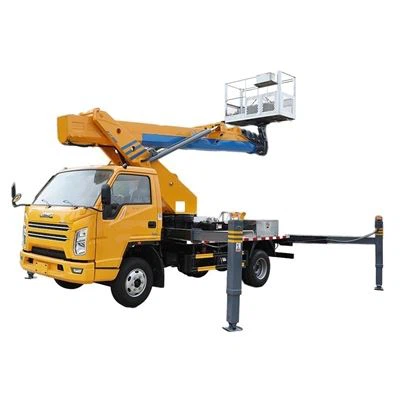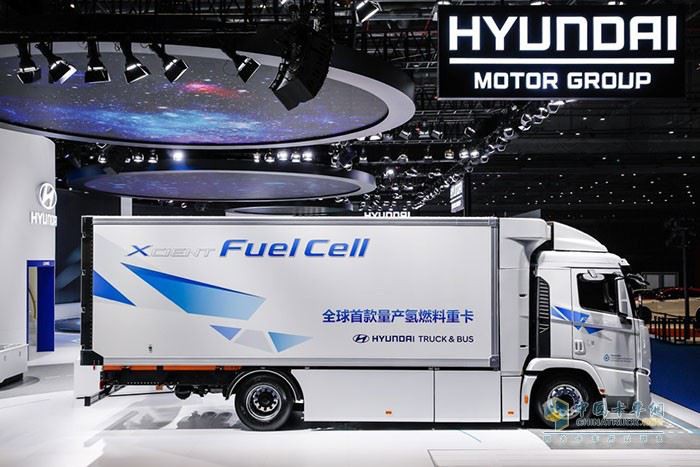Roll Off Trailers for Rent: Your Ultimate Guide

When it comes to managing waste, debris, or large items, roll off trailers are a popular and efficient solution. If you are contemplating a home renovation, construction work, or simply need to declutter your space, renting a roll off trailer could be the answer. This guide will provide you with everything you need to know about roll off trailers for rent, from understanding their features and benefits to finding the right rental service for your needs.
What are Roll Off Trailers?
Roll off trailers are large, open-top containers designed for hauling debris, construction materials, and other bulky items. These trailers are typically used in construction, demolition, and large clean-up projects. They feature a rolling mechanism that allows them to be easily loaded and unloaded, making them versatile and convenient for various applications.
How Roll Off Trailers Work
Roll off trailers are equipped with a hydraulic system that enables them to be rolled on and off a truck bed. The truck arrives at your location and positions the trailer, after which the waste or materials are loaded into the trailer. Once loaded, the truck simply drives away with the container. This system is not only effective for clean-up but also saves time, as it can be done quickly and efficiently.
Benefits of Renting Roll Off Trailers
There are several advantages to renting roll off trailers instead of purchasing them outright. Here are some benefits that can contribute to your decision-making process:
1. Cost-Effective Solution
Renting provides you with a cost-effective alternative to purchasing a roll off trailer, especially if you only need the trailer for a short period. Rental costs are generally lower than the initial investment of buying.
2. Flexibility
Renting allows for flexibility in terms of the trailer size and type. You can choose a trailer that best suits your current project, whether it is for a home renovation or a commercial construction site.
3. No Maintenance Hassles
When you rent a roll off trailer, you are not responsible for maintenance issues. Rental companies typically handle the upkeep of their trailers, so you can focus on your project without worrying about repairs.
4. Availability of Various Sizes
Roll off trailers come in several sizes ranging from 10 to 40 cubic yards. Renting lets you select the right size for your needs without being stuck with a container that is too big or too small.
5. Professional Support
Rental companies usually offer customer support to help you choose the right trailer and provide tips on proper usage and regulations for your area.
Common Uses of Roll Off Trailers
Roll off trailers can be used in a variety of situations. Here are some common applications:
1. Home Renovations
Whether you are updating your kitchen or renovating your backyard, roll off trailers provide a convenient way to dispose of old materials, appliances, and debris in one go.
2. Construction Projects
Contractors often rent roll off trailers for job sites needing disposal of materials like drywall, lumber, and other construction waste.
3. Landscaping and Yard Work
For large landscaping projects or seasonal yard cleaning, roll off trailers can handle green waste, soil, and stone easily.
4. Commercial Cleanouts
Businesses undergoing renovations or cleanouts can utilize roll off trailers for efficient waste management and debris removal.
5. Special Events
Events such as festivals and large gatherings often require proper waste management, making roll off trailers an effective choice for disposing of trash and debris.
Selecting the Right Roll Off Trailer for Your Needs
Choosing the right roll off trailer involves several considerations. Here’s how to select a trailer that meets your specific requirements:
1. Assessing Your Waste Needs
Estimate the volume of waste you expect to generate. This will help you determine the appropriate size of the trailer. Consider making a rough calculation based on the kind of project you are undertaking.
2. Understanding Local Regulations
Different locations may have specific regulations regarding waste disposal. It is essential to familiarize yourself with local laws and ensure you are complying with all requirements when renting and using a roll off trailer.
3. Comparing Rental Companies
Do some research to compare rental companies in your area. Look for factors like customer reviews, availability, pricing, and the condition of their trailers.
Factors to Consider When Choosing a Rental Company
| Factor | Details |
|---|---|
| Reputation | Look for companies with good reviews and ratings. |
| Pricing | Ensure clarity on rental costs, including any hidden fees. |
| Trailer Availability | Check if they have the size you need available for your schedule. |
| Customer Support | Find a company that offers assistance if you have questions during your rental period. |
4. Read Rental Agreements Carefully
Before signing any rental agreement, read the fine print. Understand the terms and conditions, such as rental duration, liability, and any penalties for late returns.
Cost of Renting Roll Off Trailers
The cost of renting a roll off trailer varies based on several variables including size, duration of rental, location, and any additional services provided. Here’s a breakdown of possible costs:
Typical Rental Prices
| Size (Cubic Yards) | Estimated Cost (Per Week) |
|---|---|
| 10 | $250 – $350 |
| 20 | $300 – $450 |
| 30 | $400 – $550 |
| 40 | $450 – $650 |
Note that these prices may vary significantly based on geographic regions. Always ask rental providers for a comprehensive quote including delivery and collection fees.
Tips for Using a Roll Off Trailer
Using a roll off trailer can be straightforward, but following a few practical tips can enhance your experience:
1. Load Strategically
When loading the trailer, distribute the weight evenly to maintain stability during transport. Place heavier items at the bottom and lighter items on top.
2. Know What You Can’t Put in a Roll Off Trailer
Familiarize yourself with materials that are prohibited from loading, such as hazardous waste, chemicals, and electronic waste. Disposal of these materials may require special arrangements.

3. Keep the Lid Closed
If your trailer is equipped with a lid, keep it closed while driving to reduce the risk of debris falling out and causing accidents.
4. Schedule Pick-Up in Advance

Plan the pick-up time ahead of when you expect to be finished with your project to avoid delays and potential overage fees.
Frequently Asked Questions (FAQs)
1. How long can I rent a roll-off trailer?
Rental periods can vary significantly. Most companies offer daily, weekly, and monthly rental options. Check with your provider for specific terms.
2. Can I keep the trailer longer than the agreed rental period?
Yes, but you will need to contact the rental company to extend your rental period. Additional fees may apply.
3. What happens if I exceed the weight limit of the trailer?
Exceeding the weight limit can lead to additional charges, fines, and unsafe transport conditions. Always verify the limits with your rental company.

4. Do I need to be present during the trailer pick-up?
While it is not always necessary to be present, it is generally recommended to ensure that the trailer is picked up according to your instruction and schedule.
5. Can I rent a roll off trailer for a single day?
Yes, many rental companies offer short-term rentals, including daily rates. However, the costs may be higher for a one-day rental compared to a weekly rate.
6. Are roll off trailers eco-friendly?
Using roll off trailers for waste disposal can be environmentally friendly when done correctly. By consolidating waste into one container, you can minimize trips to disposal sites, reducing the carbon footprint associated with travel.
